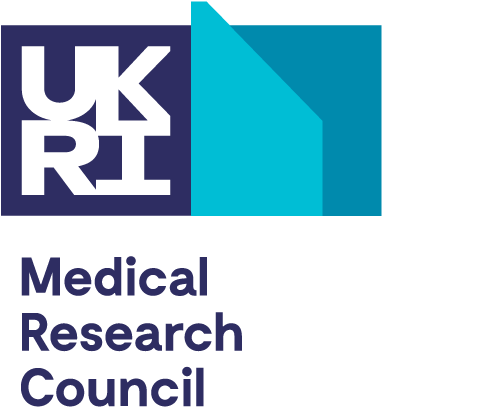MRC’s five research boards have strategic priorities that help guide the research they invest in. Find out more about strategy and priority areas for each of our research boards:
- applied global health research
- infections and immunity
- molecular and cellular medicine
- neurosciences and mental health
- population and systems medicine
We also prioritise applications that respond to MRC-wide priority areas. These are:
- new investigator research grants: supporting researchers towards becoming independent investigators
- experimental medicine: understanding disease mechanisms and therapeutic targets using human participants
- advanced therapeutics: using non-pharmaceutical approaches, including cell or gene therapy, regenerative medicine, nucleic acids, antibodies and other innovative medicines
- understanding the emergence of human disease across scales: encouraging the use of integrated methodologies allowing holistic approaches across the remits of all MRC research boards with the goal of addressing how human health is maintained and disease emerges
- researching ME/CFS: funding to research myalgic encephalomyelitis/chronic fatigue syndrome, also known as ME/CFS.
For time-limited priorities MRC issues highlight notices to encourage applications in specific areas. Highlight notices appear in the funding finder. These are:
- artificial intelligence, engineering biology and quantum technologies: recognising the strategic importance to the UK of these critical technologies, which have been selected for their ability to build strategic advantage, create opportunities for growth, and capitalise on existing UK strengths
We use priorities in our funding decisions as follows:
At shortlisting:
- in the initial evaluation of an application, only the intrinsic research quality, as determined using MRC’s assessment criteria, is considered
At funding meetings:
- all applications being assessed are ranked by their median score
- when the available budget can fund some, but not all of the applications that have the same score, we consider fit to individual board priorities, MRC-wide priorities and highlight notices when deciding which applications to fund
Our data science vision and strategy
MRC’s vision is to gain new scientific insights into health and wellbeing by harnessing relevant information from clinical, population, cellular and molecular datasets, and a wide variety of other sources.
This vision is underpinned by five strategic elements:
- supporting cutting-edge research using large datasets
- funding infrastructure, tools and technologies to enable data collection, management, storage, linkage, analysis and interpretation
- building capacity in the range of data science skills needed for such data-driven research and innovation
- policies to encourage FAIR data – which meets the principles of findability, accessibility, interoperability and reusability
- developing frameworks and guidance to protect sensitive data and ensure data is managed in safe research environments with appropriate governance


